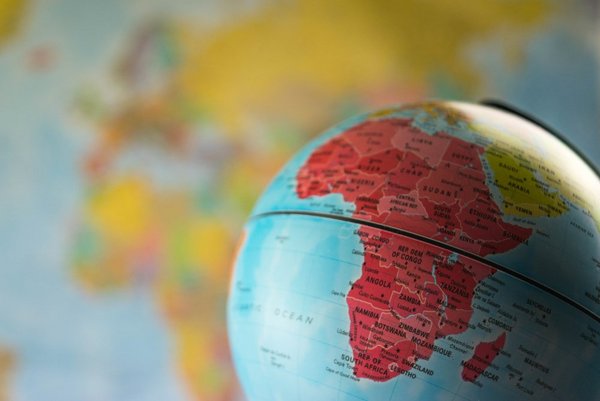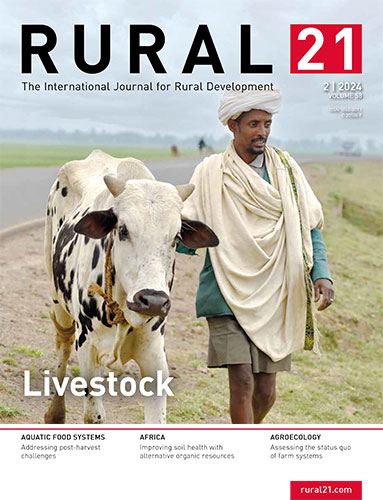 Read this article in French
Read this article in French- Share this article
- Subscribe to our newsletter
Germany to ratify EU agreement with African countries
The German Federal Government has now initiated the German ratification of four EU trade agreements with African countries. The so-called Economic Partnership Agreements (EPAs) put the EU’s trade relations with a number of African partner countries on a lasting basis at eye-level. The countries concerned are Côte d’Ivoire, Ghana, Cameroon and the Southern African Development Community (SADC). The agreements have already been signed by the African partners, and have now been applied for some time, but to formally enter into force, they still need to be ratified by all European Member States. Now the German Federal Parliament has to approve the contractual laws on ratification.
“Not only are strong and reliable economic relationships between Europe and Africa good for our African partners, they are also good for Germany. For we seek to deepen and intensify our trade and investment relations so that Germany becomes less dependent on individual economic powers, Federal Development Minister Svenja Schulze stressed in Berlin/Germany in mid-May. This also meant more value added in the partner countries. This was why, with accompanying development cooperation, transitional phases and options for protection, the EU had taken care to ensure that partner countries were supported in their economic development, the Minister added.
Referring to this, in a press release in mid-May, the German Federal Ministry for Economic Cooperation and Development (BMZ) declares: The trade relations on which all members of the World Trade Organization (WTO) have agreed provide for general equal treatment of all countries regarding trade issues. An exception is made in the case of the Least Developed Countries (LDCs), which can unilaterally be granted almost complete exemption from tariffs. The EU is making use of this for all currently 45 LDCs. However, thanks to their positive economic development, countries such as South Africa, Cameroon, Ghana or Côte d‘Ivoire are no longer “Least Developed Countries”, and would therefore have lost their almost completely tariff-free access to the EU without a new trade agreement.
The trade agreements allow unrestricted access to the EU market
As the BMZ further explains, the agreement contractually regulates unrestricted access for all African countries party to the agreement on a lasting basis, regardless of their status, and they reliably receive tariff and quota free access to the EU market.
On their part, they step by step reduce the tariffs for a major share of products imported from the EU. This can help fill supply gaps and cheapen products for consumers and further processing enterprises at local level. With especially long transitional phases and protective measures, for instance for local agriculture or products with a special potential for local value added, the agreements take the economic situation of the African partner countries into consideration.
In terms of development cooperation, in addition to exchange between the African and the European continent, Germany is supporting trade inside Africa as well as the continent’s economic integration. Therefore, as one of the largest international promoters, Germany is strongly campaigning for the implementation of the African Continental Free Trade Area (AfCFTA), which, taking the number of countries involved, will create the world’s largest free trade zone, the BMZ explains.
(BMZ/wi)
More information:
You will find more information on the Economic Partnership Agreements (EPAs) here
Download edition 2023/02 Focus: "Agrifood prices, food security and the role of trade"





Add a comment
Be the First to Comment